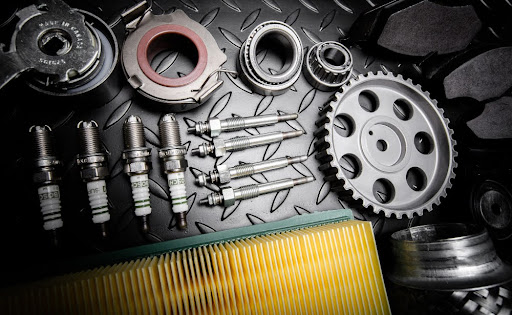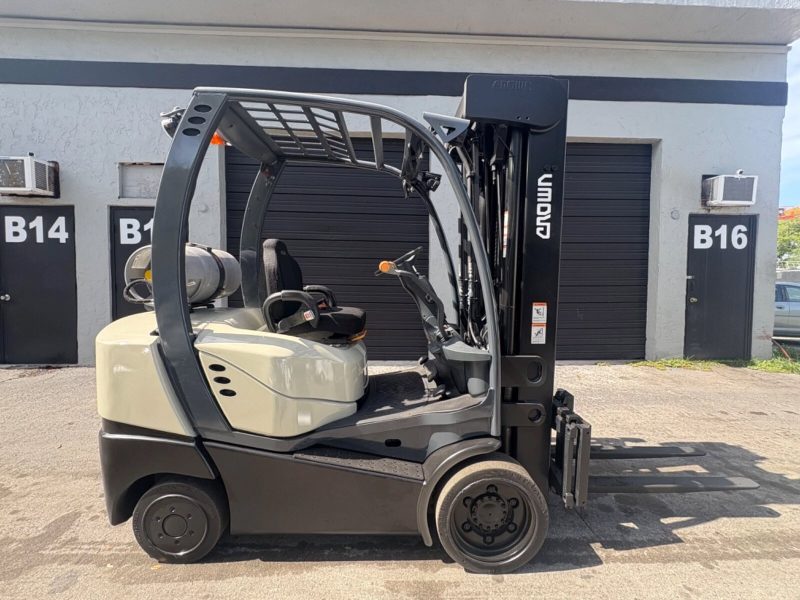In today’s fast-paced automotive market, technology isn’t just transforming vehicles—it’s revolutionizing how we protect and personalize them. Car wraps, once a niche aesthetic upgrade, are now at the forefront of a technological evolution. But for businesses and tech-savvy car enthusiasts alike, a key question remains: how long does a car wrap last? In this post, we’ll delve into the technological innovations behind car wrap durability and explore how these advancements extend the lifespan of wraps, making them a smart investment for both personal and commercial use.
A New Era of Car Wraps
Car wraps are more than just decorative films—they serve as a protective barrier for a vehicle’s original paint and offer a dynamic medium for branding and personalization. Traditionally, car wraps were seen as a temporary fix, but with advances in material science and installation technology, today’s wraps are designed for longevity and performance.
From Art to Advanced Engineering
What was once a simple vinyl decal has evolved into a sophisticated product engineered with cutting-edge materials. The new generation of car wraps harnesses innovations in polymer chemistry, digital printing, and installation technology to deliver products that not only look spectacular but also withstand the rigors of daily use.
The Innovations Driving Durability
Let’s explore the key technological breakthroughs that have redefined car wrap longevity.
1. Advanced Vinyl Materials
Cast Vinyl vs. Calendered Vinyl
- Cast Vinyl:
The gold standard in car wrapping, cast vinyl is manufactured through a process that produces a thin, flexible film. Its molecular structure allows it to conform to complex curves and contours without stretching or cracking. Thanks to its superior adhesive properties and UV-resistant coatings, cast vinyl can remain vibrant for over seven years under optimal conditions. - Calendered Vinyl:
Produced by pressing heated vinyl through rollers, calendered vinyl is more affordable and works well on flat surfaces. However, its durability is generally lower, with an average lifespan of 3 to 5 years. Recent developments have improved its resistance to fading and weathering, making it a viable option for budget-conscious consumers or temporary applications.
2. Digital Printing Technology
Digital printing has revolutionized the customization of car wraps. High-definition printers now allow for detailed, full-color designs that are not only visually striking but also built to last. The inks used in digital printing are specially formulated to resist fading, ensuring that the colors remain as vibrant as the day they were applied—even after prolonged exposure to the elements.
Key Benefits:
- Precision: Digital printing enables intricate designs that match exact specifications, reducing waste and improving overall quality.
- Durability: Advanced UV-resistant inks prevent color degradation and help maintain the wrap’s aesthetic appeal over time.
3. Precision Installation Techniques
The best materials can only go so far if they’re not applied correctly. Innovations in installation technology have dramatically improved the quality and durability of car wraps. Professional installers now use state-of-the-art tools, including:
- Heat Guns and Digital Temperature Controls:
These devices ensure that the vinyl conforms perfectly to the vehicle’s surface. Maintaining an optimal temperature during installation prevents wrinkles and air bubbles, which can compromise the wrap’s integrity. - Edge Sealing Systems:
Modern techniques involve the use of specialized edge sealants that lock the vinyl in place. This not only enhances the visual finish but also prevents moisture and debris from seeping under the wrap, which can lead to premature peeling. - Laser-Guided Alignment Tools:
These systems help installers position the vinyl with pinpoint accuracy. A seamless application is crucial for durability, as misaligned edges can be more susceptible to damage.
4. Protective Coatings and Treatments
One of the most significant innovations in the car wrap industry is the development of protective coatings that extend the life of the vinyl. A ceramic coating, for instance, can act as an additional barrier against UV rays, dirt, and chemicals. This layer not only preserves the wrap’s appearance but also simplifies maintenance.
Advantages of Protective Coatings:
- Enhanced UV Resistance: Reduces the breakdown of pigments and adhesive due to prolonged sun exposure.
- Chemical Resistance: Shields the vinyl from harmful substances like road salts, industrial pollutants, and cleaning chemicals.
- Ease of Cleaning: Makes it simpler to maintain the wrap with regular hand washes, reducing the risk of abrasive damage from automated car washes.
5. Eco-Friendly Innovations
Sustainability is an increasingly important consideration in automotive technology. Manufacturers are developing eco-friendly vinyl wraps that minimize environmental impact without compromising performance. These innovations include:
- Recyclable Materials: New formulations make it easier to recycle vinyl at the end of its lifecycle.
- Low-VOC Inks and Adhesives: Environmentally safe alternatives are reducing the harmful emissions typically associated with vinyl production.
By embracing eco-friendly practices, the industry not only extends the lifespan of car wraps but also contributes to a more sustainable future.
Real-World Impact: What Does This Mean for Consumers and Businesses?
For Auto Enthusiasts
The integration of these technologies means that car enthusiasts no longer have to compromise on style for the sake of durability. A high-quality, professionally installed car wrap can protect your vehicle’s paint, enhance its visual appeal, and serve as a statement piece that lasts for years. With proper care and the right materials, you can expect a premium wrap to maintain its luster for up to 7 years or more.
For Businesses
For companies utilizing car wraps for branding and advertising, longevity is key. A durable wrap translates to a better return on investment, reducing the frequency of costly replacements. The technological advances in material quality, digital printing, and installation precision ensure that business vehicles remain professional and eye-catching over extended periods, thereby reinforcing brand consistency and visibility.
Cost-Benefit Analysis
While premium materials and professional installations come with a higher upfront cost, the extended lifespan of these wraps can justify the investment. Businesses and individuals alike benefit from fewer replacements and less maintenance, translating into long-term savings. Additionally, the added protection for the vehicle’s paint can enhance resale value—a crucial consideration for fleet owners and personal vehicle enthusiasts.
Looking Ahead: Future Trends in Car Wrap Technology
As technology continues to evolve, the future of car wraps looks even more promising. Researchers are exploring self-healing materials that can repair minor scratches automatically, further reducing maintenance requirements. The integration of IoT (Internet of Things) technology might even lead to wraps that monitor their own condition and alert owners when it’s time for a touch-up or complete replacement.
Moreover, advances in augmented reality (AR) are paving the way for virtual try-ons, allowing consumers and businesses to visualize wrap designs on their vehicles before committing to a purchase. Just like logo maker tools, this not only enhances customer experience but also minimizes the risk of dissatisfaction and premature replacement.
Conclusion
So, how long does a car wrap last? With today’s technological innovations, a high-quality car wrap can last anywhere from 3 to 7 years, and even longer in some cases. The blend of advanced vinyl materials, precision installation techniques, digital printing, and protective coatings all contribute to extending the lifespan of car wraps. For tech enthusiasts and business owners alike, investing in premium car wrap technology is a strategic move that combines style, protection, and long-term cost savings.
As the industry continues to innovate, the future of car wraps is bright—offering even greater durability, sustainability, and customization options. Whether you’re looking to enhance your vehicle’s aesthetic appeal or reinforce your brand’s image on the road, the technology behind car wraps ensures that you’re not only making a bold statement today but also investing in quality that stands the test of time.
What innovations in car wrap technology have caught your attention? Share your thoughts and experiences in the comments below, and join the conversation on how tech is transforming the automotive customization landscape.



